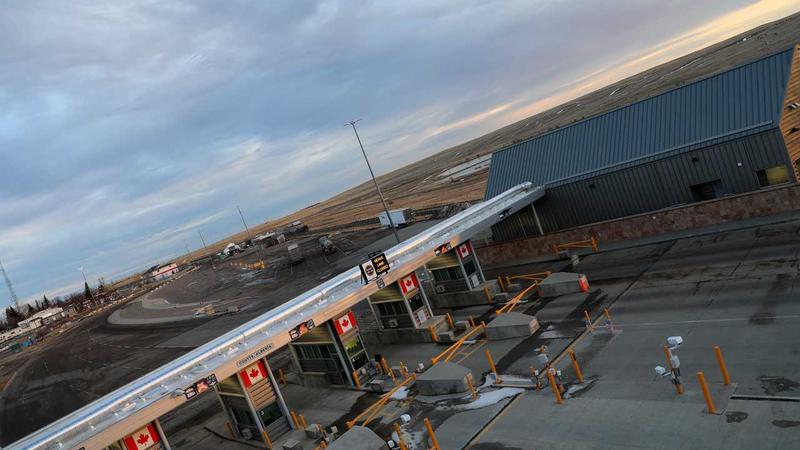
Appeal heard in child porn case for refugee applicant at Coutts border
CALGARY, AB – A man who was convicted of importing child pornography into Canada has launched his appeal.
Hani Al Askari was apprehended at the Coutts border in April 2015 while trying to apply for refugee status.
Canada Border Service Agency (CBSA) officers found more than 400 videos and 100 photos of child pornography on his personal cell phone and a work phone.
Askari claimed that he had done some investigative work for police in Abu Dhabi trying to catch child predators and was sent the materials as part of those investigations.


